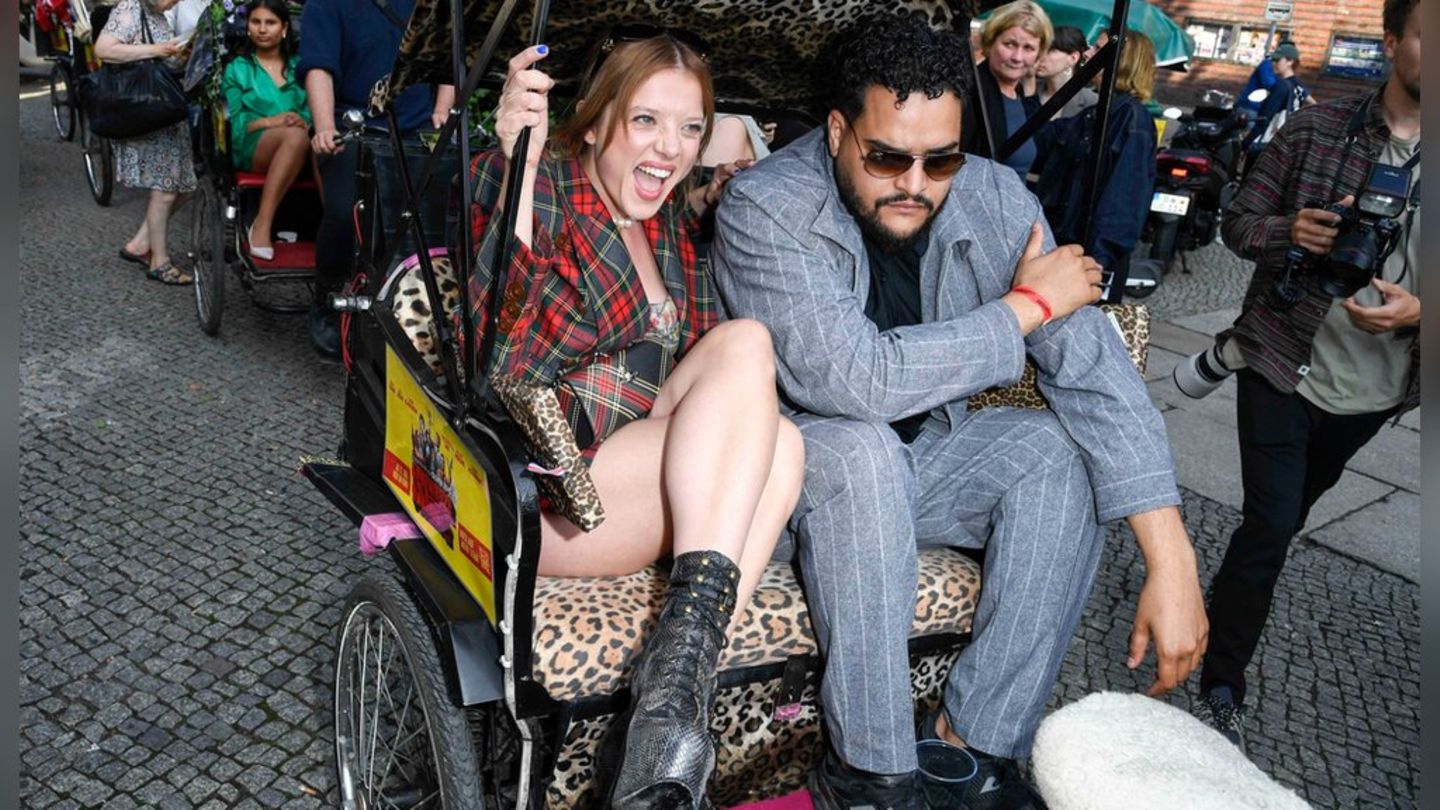On May 8th, a new state parliament will be elected in Schleswig-Holstein. There is no doubt about the confirmation of Prime Minister Daniel Günther (CDU); it is not clear, however, with whom he will continue to govern.
Political change has been the norm in Schleswig-Holstein for more than two decades. In 2000, the coalition in office up to that point was last confirmed in a state election, at that time red-green.
Prime Minister Daniel Günther has led a stable Jamaica coalition of CDU, Greens and FDP since 2017. A new election will take place on May 8th. Everything important to choose from:
– THE FACTS: Around 2.3 million eligible voters are allowed to cast their vote. 16 parties are there with state lists. Almost 300 candidates are standing in 35 constituencies. In 2017, turnout was 64.2 percent.
– THE RIGHT TO VOTE: The two-vote system applies. The 35 mandates from the constituencies are awarded with the first vote. Whoever gets the most votes there is elected. The second vote is for the state list of a party, which adds a regular 34 mandates. The seat allocation is calculated using the Sainte-Laguë/Schepers method. If a party receives more direct mandates in the constituencies than it would be entitled to based on second votes, it retains these multiple seats. The other parties receive compensation mandates according to their share. The five percent hurdle applies.
– SPECIAL CASE SSW: As a party of the Danish minority, the South Schleswig Voters’ Association is exempt from the five percent clause. But he has to get a minimum number of votes in order to get at least one mandate. On this basis, the party, which also represents the Frisian minority, has been in parliament since 1958, but for a long time only with one member. From 2012 to 2017, the SSW formed a government with the SPD and the Greens. With Anke Spoorendonk he provided the Minister of Justice.
– THE INITIAL SITUATION: Politicians from seven parties are currently sitting in the state parliament. The strongest force in 2017 was the CDU with 32.0 percent, followed by the SPD with 27.3, the Greens with 12.9 and the FDP with 11.5 percent. The AfD came into parliament for the first time with 5.9 percent; the left missed the 5 percent hurdle. The SSW, which was freed from this, managed 3.3 percent, which was enough for three mandates. The initially five-strong AfD parliamentary group fell apart because the party was left with only three MPs. A faction must have at least four. The former AfD state chairman Doris von Sayn-Wittgenstein was expelled from the party and parliamentary group. Frank Brodehl left the AfD and later joined the Liberal-Conservative Reformer splinter party.
– THE STAFF: Prime Minister Günther (48) is chairman of the North CDU. In 2017, he headed the first government made up of the CDU, Greens and FDP. SPD top candidate is ex-head of state chancellery Thomas Losse-Müller (49), a former Green, economist and banker. The goal of replacing Günther was also announced by the Greens. The candidate for this is Finance Minister Monika Heinold (63). The FDP’s top candidate, Economics Minister Bernd Buchholz (60), used to be the head of the Gruner + Jahr publishing house. The AfD sends ex-group leader Jörg Nobis (46) into the race at number 1 on the list. The SSW’s top candidate is longtime MP Lars Harms (57), a Friesian.
– THE ELECTION CAMPAIGN: After the outbreak of the Ukraine war, the high energy and fuel prices, together with demands for further relief, played an important role. The expansion of renewable energies, especially wind power in rural areas – the north is very far here – is also one of the most important topics. The CDU and FDP are calling for more oil production in the Wadden Sea in order to reduce dependence on imports from Russia. For the Greens, this is just as difficult as the construction of an LNG terminal for liquefied natural gas in Brunsbüttel: the leading North Greens support it, as does Federal Minister of Economics Robert Habeck, a state party conference rejected it. Agricultural policy is also highly controversial in Jamaica between the CDU/FDP and the Greens.
– THE POLLS: The latest polls see the CDU clearly ahead with 36 to 38 percent. The SPD ranks at 18 to 20, the Greens at 16 to 18 percent. It is followed by the FDP (8 to 9 percent), AfD with 5 to 6 percent and SSW with 4 to 6 percent. The left, which has not been represented in the state parliament since 2012, is well below the five percent hurdle in the polls. A high degree of satisfaction with the state government and very high approval ratings for Günther, including supporters of other parties, have been noticeable for a long time.
– THE OPTIONS: Various coalitions are conceivable. The CDU would probably prefer to govern alone with the FDP, but says they would like to continue Jamaica, including with the Greens. If it is not enough for the CDU/FDP, the SSW could also come along. According to the polls, an alliance between the CDU and the Greens would be quite possible, without the FDP. This has expressed a clear preference for the CDU, which would make a traffic light much more difficult. For such a calculation, it would currently not be enough. The Greens are going into the election without making a coalition statement. There is no majority in sight for a new coalition of SPD, Greens and SSW.
Source: Stern
David William is a talented author who has made a name for himself in the world of writing. He is a professional author who writes on a wide range of topics, from general interest to opinion news. David is currently working as a writer at 24 hours worlds where he brings his unique perspective and in-depth research to his articles, making them both informative and engaging.




